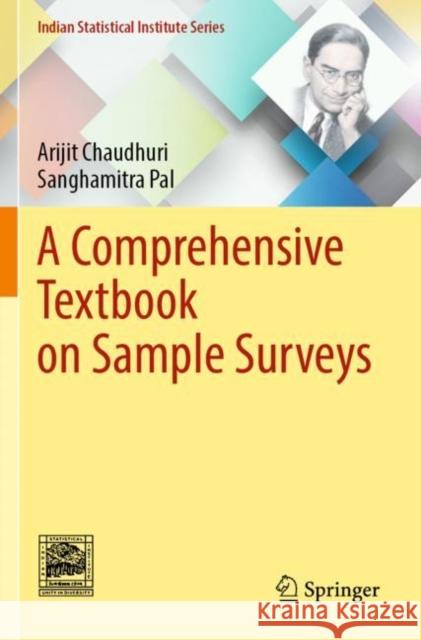A Comprehensive Textbook on Sample Surveys » książka
topmenu
A Comprehensive Textbook on Sample Surveys
ISBN-13: 9789811914201 / Miękka / 2023 / 257 str.
A Comprehensive Textbook on Sample Surveys
ISBN-13: 9789811914201 / Miękka / 2023 / 257 str.
cena 322,01
(netto: 306,68 VAT: 5%)
Najniższa cena z 30 dni: 308,41
(netto: 306,68 VAT: 5%)
Najniższa cena z 30 dni: 308,41
Termin realizacji zamówienia:
ok. 16-18 dni roboczych.
ok. 16-18 dni roboczych.
Darmowa dostawa!
Kategorie:
Kategorie BISAC:
Wydawca:
Springer Verlag, Singapore
Seria wydawnicza:
ISBN-13:
9789811914201
Rok wydania:
2023
Ilość stron:
257
Wymiary:
23.5 x 15.5
Oprawa:
Miękka
Dodatkowe informacje:
Wydanie ilustrowane











